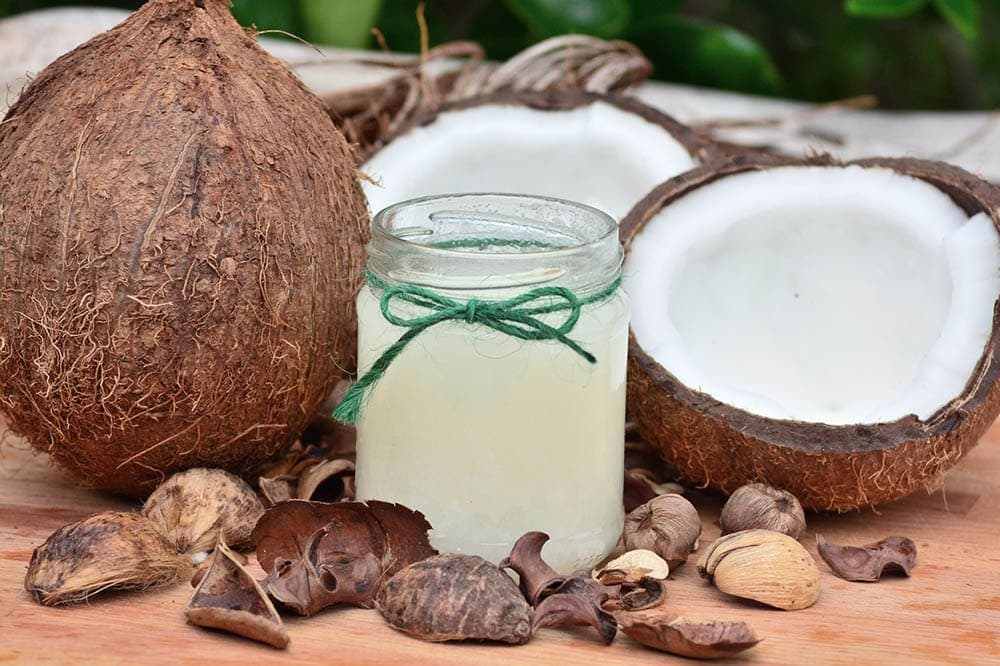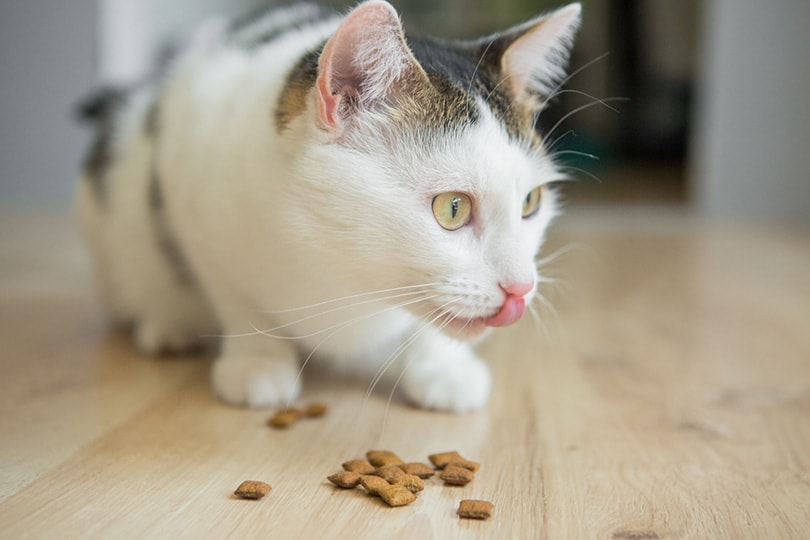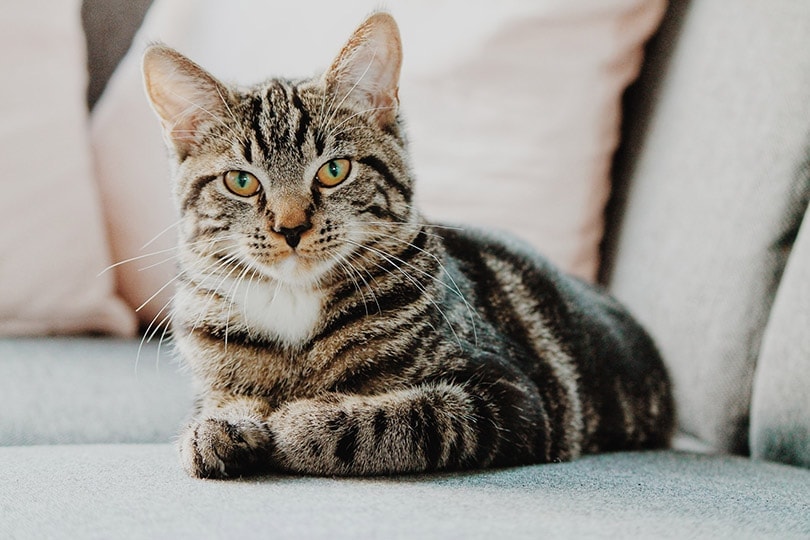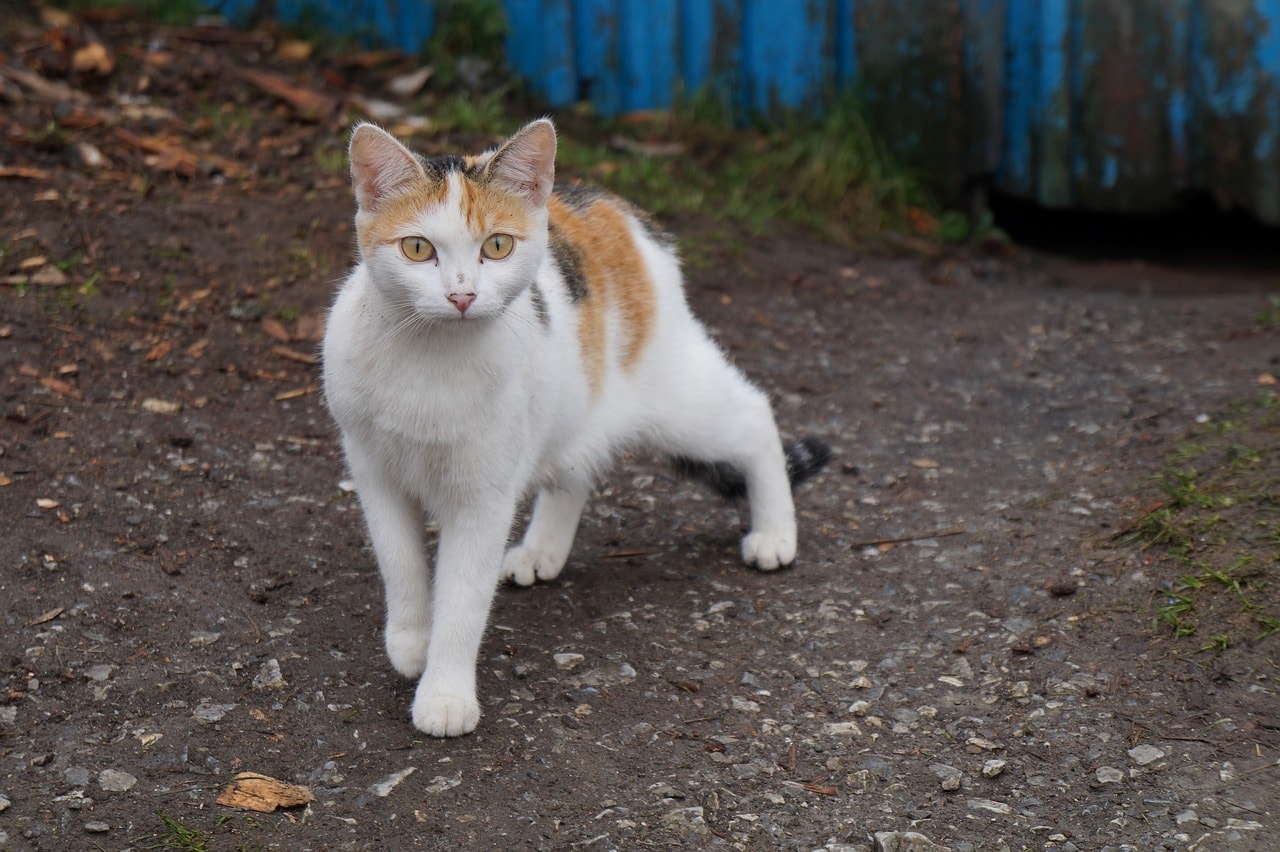Coconut oil has been used in kitchens for a long time. Over the past few years, however, it has become a household name. While your mother may not have used coconut oil in the kitchen when you were growing up, most likely you have some in your cabinet right now. Oddly enough, this may not be because it’s great to cook with. Most likely you have it because you’ve heard the rumors of all the extra things people claim coconut oil can do, from DIY house fixes to conditioning hair.
While people around the world sing the praises of coconut oil and all its holistic uses, pet parents are left wondering if it’s safe to use for their pets, especially cats. While coconut oil is non-toxic for cats, it’s highly caloric, which requires caution when offering it to your feline. Let’s take a better look at coconut oil and just how much you should give to your kitty.
What Is Coconut Oil?
Coconut oil is derived from matured coconuts and is used for cooking and as an ingredient in several of the products we use daily. This oil contains saturated fatty acids known as MCTs or medium-chain triglycerides. MCTs are easy to digest and don’t turn into fat as quickly. You’ll also find caprylic acid, capric acid, lauric acid, all of which provide antifungal and antibacterial properties. These ingredients are the main reason so many people want to add coconut oil to their diet in some form in hopes of reaping its benefits.

The Benefits of Coconut Oil
When it comes to coconut oil, everyone has a different opinion on its benefits. While some people claim it helps with weight loss and digestive issues, others rave about the way it makes their skin, nails, and hair look. Scientifically, however, these claims can’t necessarily be backed up. There have been tests done, but mostly, they are inconclusive. This means most of us need to form our own opinions when it comes to the benefits of coconut oil.
Coconut Oil and Your Cat
Like with anything you plan on giving your cat that isn’t part of their normal diet, you should consult your veterinarian. You may be wondering why, if coconut oil is technically safe for your kitty. The reason is that it can cause your kitty to put on pounds if not administered correctly. Sure, the antibacterial and antifungal properties are great, but an overweight kitty isn’t.
When it comes to cats, most people believe coconut oil can aid digestion issues. If your cat deals with excessive hairballs or a sensitive stomach, a bit of the MCTs found in this oil may help them feel better. Coconut oil is also believed to help aging cats with brain function and cognition. You may also find that applying this oil will help your cat with skin issues they may be dealing with.

How to Use Coconut Oil on Cats
There are two ways cat parents can put coconut oil to use. When giving it to their cats orally, medical advice from the vet should always be followed. They will help you come up with a plan on how much your cat should get and how often. This is great advice if your cat is known for eating a bit more than others or has issues with its bowels. Coconut oil has been known to cause greasy diarrhea when too much is administered.
The other use of coconut oil is topical. If your kitty has a skin issue, needs help maintaining their coat, or you simply want to help prevent hairballs, this is the route you want to go. While you may feel this is a safer alternative and doesn’t require reaching out to your vet for advice, remember your cat will be licking at the oil you apply. They will ingest a bit. Be prepared for this and watch for any signs of diarrhea or other issues when using coconut oil.
In Conclusion
Whether you’re a fan of coconut oil and its proclaimed benefits or new to the party, understanding how best to use it is important. Coconut oil may be safe for your cat to eat, but like with most things in their diet, moderation is key. If you feel your cat needs a little bit of coconut oil added into their daily lives, consult your vet and learn the proper dosages before proceeding. This will give you peace of mind and allow you to let your cat taste this sweet oil. Then you can decide whether coconut oil will stay a part of your daily routine.
Featured Image Credit: Pixabay







